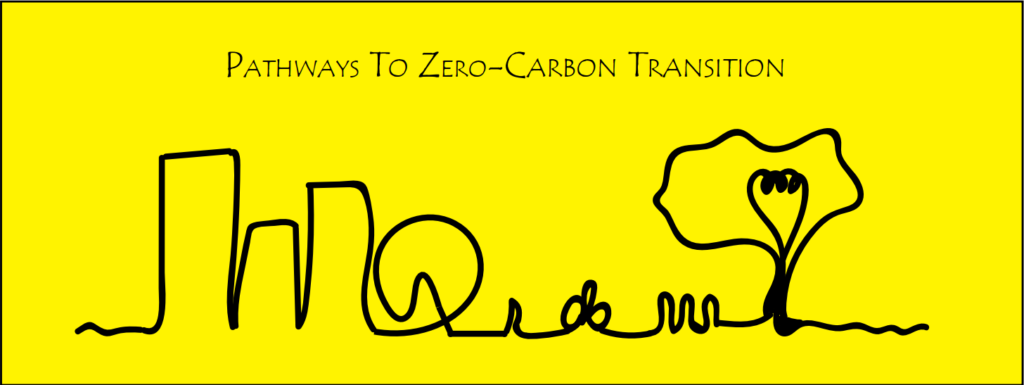
Our third guest blog from Damiano Sguotti, a recent graduate of the Master’s in International Development at the University of Bath, during which he worked closely with Zero West. He continues to reflect on the challenges we face.
Sustainability and just transition have become buzzwords to frame policies to decarbonize the economy. To limit climate change requires new societal visions and technologies without fossil fuels, as the first two blogs of this series explore.
But do these concepts acknowledge the stark differences in people’s lives now?
Here I look at worldwide social inequalities and why they matter in the public debate around sustainability. And I introduce the way Ian Gough (2017) frames sustainability policies calling attention to the unequal distribution of wealth.
Inequalities – a world problem.
The OXFAM 2020 report on inequality declares:
There is no doubt that inequality has reached extreme levels. […] The accumulation of riches in the hands of the few has gone so far that the wealthiest individuals have more economic power than entire countries. In 2019, the world’s 2,153 billionaires had more wealth than 4.6 billion people.
This unbelievable scenario has strong relevance to global warming. Climate change threats affect the global population unevenly. And sustainability can be either a luxury or unachievable commodity. In other words, social position determines the possibility of reaching the sustainability transition.
In the UK, for example, you can retrofit your house with sustainable materials to reduce carbon footprint, but only if you can afford it.
Eco-social Policies
Zero-carbon scenarios that take account of social inequalities must challenge the material status quo. Ian Gough – emeritus professor at the University of Bath – has pictured the sustainability transition in a threefold process to ensure no-one is left behind.
- Ramp-up Eco-efficiency. Through allied programmes between public and corporate actors enabling social tariffs to maximise the coverage of the sustainability transition.
- Recompose consumption. Taxing luxuries and regulating advertising through social campaign, so demand shifts to change consumption habits.
- Post-growth: reduce consumption. Social inequalities are legitimized by the unquestioned commitment to growth. Fostering core economy, core-production and population policies would help to introduce post-growth policies to reduce human impact on the planet.
These steps proceed from the recognition that the sustainability transition needs to acknowledge all factors that regulate an unequal and unsustainable society.
Summing up.
Decarbonizing strategies must consider existing social classes in terms of income, wealth, and cultural need. Society is extremely unequal, and it is very important not leave anyone behind in this crucial and threatening time.
Indeed, the sustainability transition requires different knowhow “to situate energy transition within a broader context of political upheaval, opening up space to rethink dominant approaches through a critical climate justice lens.” (Brown et al, 2019, p.152)
Open questions
In which field does the inequality impede most the realization of a zero-carbon society?
How would you try to integrate the reduction of social inequality within the sustainability effort?
Reference:
- Brown, B., Spiegel, S. J., 2019. Coal, Climate Justice, and the Cultural Politics of Energy
Transition. Global Environmental Politics, 19(2), pp. 149-168 - Gough, I., 2017. Heat, greed and human need: climate change, capitalism and sustainable
wellbeing, Cheltenham: Edward Elgar - Oxfam International, 2020. Time to Care: Unpaid and underpaid care work and the global inequality crisis. Oxford: Oxfam GB for Oxfam International

